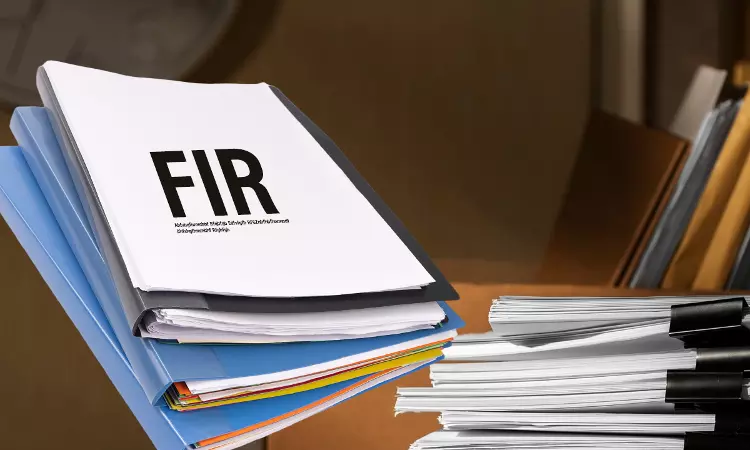Right Of The Victim To Get Free Copy Of The FIR Under BNSS
Justice Narayana Pisharadi
11 Jan 2025 9:59 AM IST

Next Story
11 Jan 2025 9:59 AM IST
The Statement of Objects and Reasons of the Bharatiya Nagarik Suraksha Sanhita, 2023 (for short 'the BNSS') mentions that citizen centric approach has been adopted in that statute as it provides for supply of copy of First Information Report (FIR) to the victim. On a close scrutiny of the provision concerned, it can be found that the said statement is not justified in its entirety.Section...
